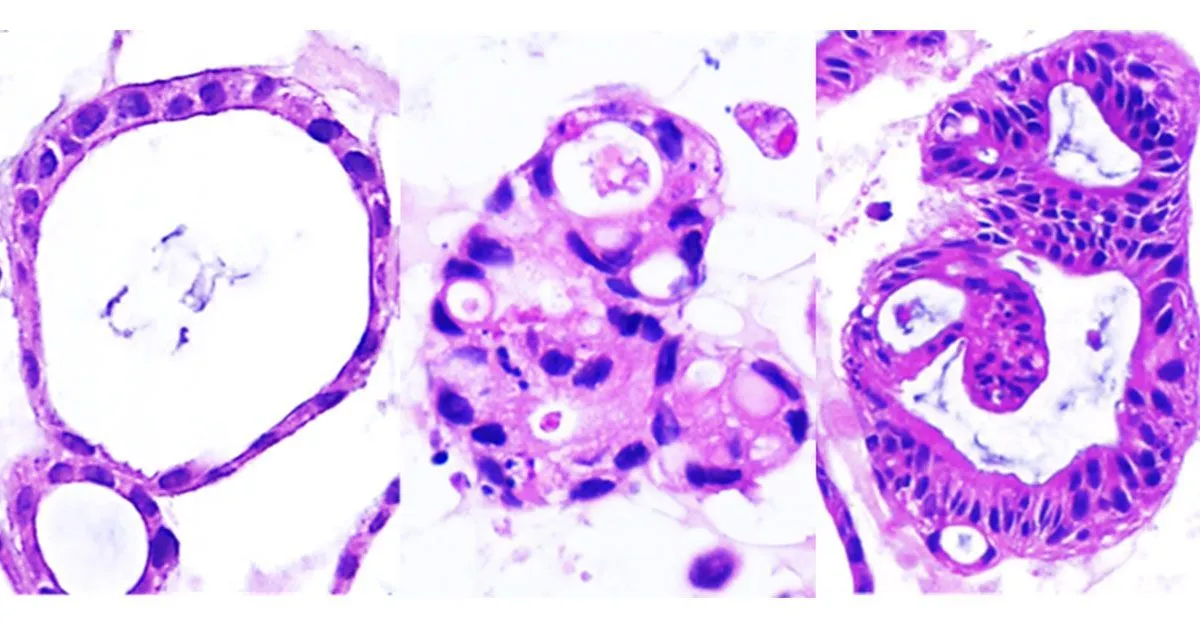Organoids and Gut Stem Cells: Unveiling Crohn’s Disease Subtypes

Understanding Crohn's Disease Through Organoids
Recent studies indicate that organoids derived from gut stem cells can elucidate distinct molecular subtypes of Crohn’s disease. Understanding these subtypes is crucial for targeted therapies.
Stress and Senescence-Induced Fibrosis
Stress and senescence can lead to fibrostenotic Crohn’s disease (S2FCD), characterized by cellular aging. Affected patients often develop fibrosis of gut epithelial tissue, which can complicate treatments.
Clinical Implications
This research empowers clinicians to better identify patient-specific therapeutic approaches based on the identified molecular subtypes.
This article was prepared using information from open sources in accordance with the principles of Ethical Policy. The editorial team is not responsible for absolute accuracy, as it relies on data from the sources referenced.